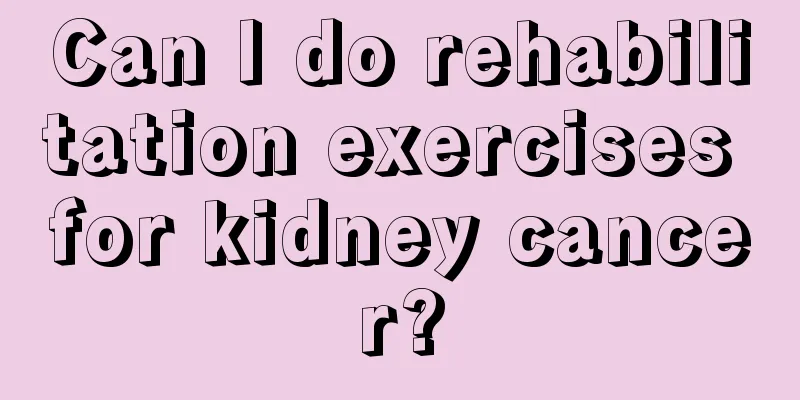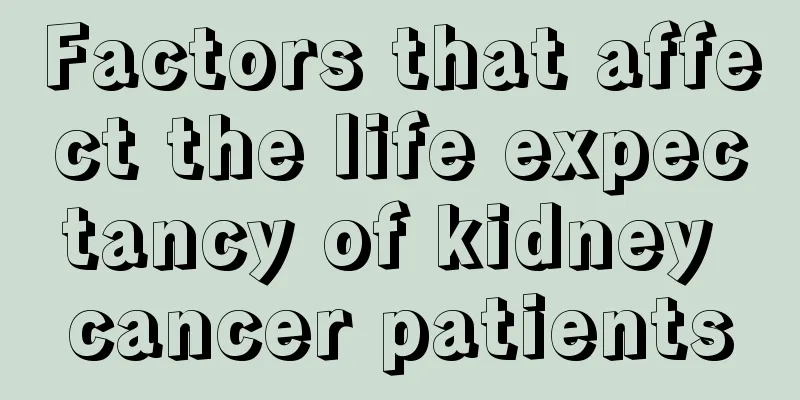What are the symptoms of retinal capillary hemorrhage

|
Knowing the symptoms of retinal capillary bleeding is helpful to detect the disease as early as possible. Generally, in the early stage of the disease, there will be eye twitching and eye swelling, and then suddenly the eyes will go black. It requires timely treatment because retinal capillary bleeding may be caused by other diseases in the body. 1. Common symptoms of retinal hemorrhage 1. The precursors of retinal hemorrhage are mostly symptoms such as eye swelling and eye twitching. 2. Retinal hemorrhage causes sudden red flashes in front of the eyes, which gradually increase until the whole eyes are filled with red light and vision is unclear. 3. When retinal hemorrhage occurs, everything becomes dark in front of your eyes suddenly, and you can only see your movements or sense light. 4. Retinal hemorrhage: Suddenly, there is a round black shadow in front of the eyes, which does not float with the movement of the eyes. The objects in the center direction are completely invisible, while the objects on both sides are blurry. 5. Retinal hemorrhage occurs suddenly and a line-like black shadow appears in the eye, shooting straight in a certain direction. It progresses rapidly and gradually increases, eventually covering the front of the eye, making vision blurred and indistinguishable. 6. Most retinal hemorrhages occur repeatedly, and each time an attack occurs, some of the above symptoms will occur. Even if the blood does not subside, when the bleeding continues, some of the above feelings may still occur. 2. The harm of retinal hemorrhage 1. Retinal hemorrhage is not just a single eye disease, but a symptom of many eye diseases and some systemic diseases. It is often seen in retinopathy caused by hypertensive retinopathy, diabetes and kidney disease. The same pathological damage is induced by various different reasons, such as retinal hemorrhage, exudation, microaneurysm, neovascularization, etc. 2. Different fundus hemorrhages can cause new blood vessels to be detected in the iris and chamber angle during the development of the disease, causing adhesion and closure of the chamber angle, which in turn causes increased intraocular pressure and causes difficult-to-control neovascular glaucoma. The pathology that causes neovascularization is retinal capillary occlusion, retinal hypoxia, and the appearance of a vascular stimulating factor, also called vascular stimulating factor, which stimulates the eye tissue to produce new blood vessels. 3. With the continuous formation of new blood vessels, intraocular pressure usually increases about 3 months after retinal hemorrhage, and is also accompanied by strong retinal swelling, congestion, and gradually decreased vision. The high blood pressure of this type of glaucoma is very stubborn and difficult to control, and the patient's symptoms are not easy to alleviate. As the disease progresses, eye tissue and visual function often suffer severe and irreversible damage. For this reason, when patients are diagnosed with central retinal vein occlusion or diabetic retinopathy, they should actively seek diagnosis and treatment, especially the early use of retinal photocoagulation, which can help prevent the occurrence of neovascular glaucoma. 4. If the amount of bleeding is small, it is around the optic disc and retina, and there will be no prominent symptoms. If the amount of bleeding is large, the patient will feel that there are black shadows floating in front of their eyes, and their vision is partially and completely blocked, with only light vision remaining. If the hemorrhage is located in the retina (macular area), the patient will suffer from vision loss, that is, the vision in that area is unclear and obscured by dark shadows, but there is still some vision in the peripheral area. What are the common symptoms of retinal hemorrhage? After reading the above introduction, I believe you have a certain understanding of this disease. I hope the above can be helpful to you. Finally, I wish you all good health. |
<<: What to do if your eyes bleed? Treatment of retinal hemorrhage
>>: Physical manifestations of depression, are you depressed?
Recommend
How to treat cholestatic urticaria?
Urticaria is actually a neurotransmitter disease....
What is the best food to eat after lung cancer
What are the best foods to eat after lung cancer?...
What are the symptoms of rheumatic cold?
Rheumatic colds are very common diseases in life ...
What to do if you have esophageal pain and burning sensation
A burning sensation and pain in the esophagus is ...
What to do if you are dissatisfied with your desires
Medically, sexual desire is considered a normal p...
What is the hospitalization cost for small cell lung cancer
How much is the hospitalization cost for small ce...
Tips for getting fish bones stuck in the throat 9 tips for softening fish bones
When eating fish, small fish bones often get stuc...
My knee can't be straightened and it hurts so much, what should I do?
The knees can never be straightened, and once the...
What are the dangers of acne scars
Acne on the body is a very annoying thing. Acne i...
What to do if you have herpes pain? How to achieve good treatment effect
Shingles is a very common sexually transmitted sk...
Is gastrointestinal flu contagious? What should I do?
But everyone is familiar with colds. In daily lif...
Will poor sleep increase blood sugar?
Poor sleep does not only occur in people of a cer...
What is the normal white blood cell count for infants and young children?
There are many indicators for evaluating human bl...
Does silver remove moisture?
Silver jewelry is a type of jewelry that many fri...
What to eat during chemotherapy for lung cancer? Choose according to the patient's symptoms
During chemotherapy for lung cancer, sufficient n...









